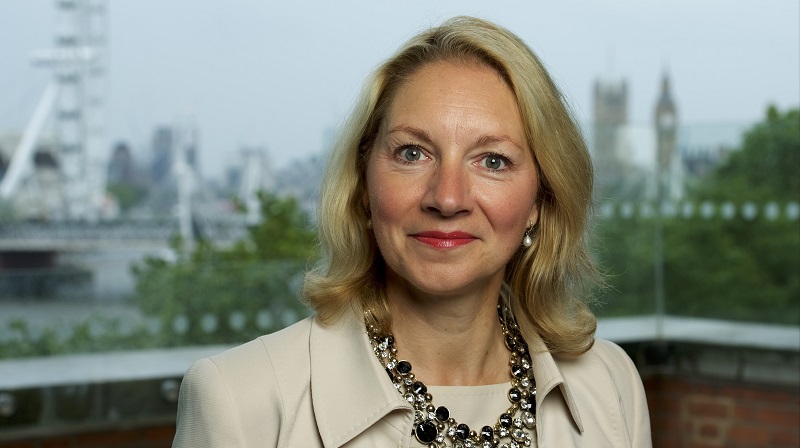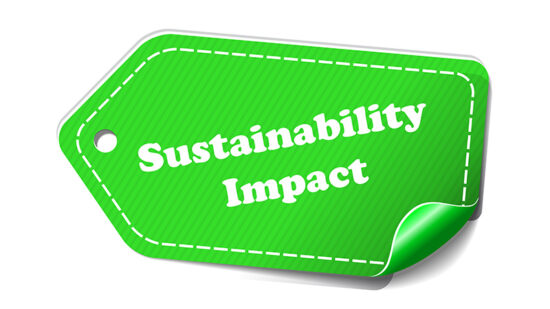Awareness of how mental health conditions affect working lives has increased exponentially across the finance sector in recent years. The myriad of undertakings, conferences, studies and miles of column inches dedicated to the issue is encouraging, however there is clearly much more to be done as the situation appears to be a major cause for concern.
In the UK, 15.4 million working days were lost in 2018 as a result of stress, depression and anxiety, while 62% of financial-sector firms reported an increase in mental-health-related illness in the workplace last year, according to an Aon Employee Benefits survey carried out in 2018.
Further, 42% of financial service workers say that they would use emotional wellbeing support if it was on offer and a staggering 74% think that their employer should be doing more to help the wellbeing of their employees.
Long working days, personal financial concerns, mountainous regulation, even Brexit are all contributing to increasingly high levels of workplace stress and propelling mental wellbeing in our sector right up the list of priorities going forward.
Much might be learned from our industry’s attempts to address issues around firm culture and wellbeing, particularly in the areas of openness and honesty but also in staff support and this was highlighted at the recent Pimfa Annual Summit in a panel discussion between Michael Heyworth, executive director and head of client delivery at Coutts, Paul Feeney, chief executive of Quilter and Mark Twigg, executive director of Cicero. All three gave an up-to-date snapshot of where they feel the industry currently stands on wellbeing and what can be done to improve the situation, highlighting approaches which apply to organisations regardless of size.
After showing a video where Paul spoke movingly to camera about his own mental health issues – an open and courageous step which was unanimously applauded – he went on to say that he believes that mental wellbeing is “the biggest taboo in the City” and that there’s a big undercurrent fuelling addiction, whether it’s substance abuse, alcoholism or eating disorders, because they don’t think that they can cope.
He then explained the benefits of an open and honest culture in the workplace and described it as “the biggest cultural transformation” for the company which has “helped the firm to be more resilient and able to rise to challenges. Supportive teams are more competitive teams and can make a company a happier place to work. If we are asking our employees to take care of our customers, we should take care of them.”
Cicero’s Mark Twigg went on to talk about the importance of the industry stepping up to tackle the stigma associated with mental health issues. He said: “Cicero was started by three gay men; from the start, we have always had a very open culture. However, one thing we didn’t address was mental health. It took me until I was 40 to address my mental health issues. You’re afraid of how your friends, clients, colleagues will respond. Discussions like this need to be had to help tackle the stigma; it is long overdue”.
“Being authentic is at the heart of wellbeing,” he continued, “allowing people to be human has a massive organisational impact and helps create an emotional connection with people, staff and clients. A lot of my clients have become friends and improved client retention; they want to be part of a community.”
Coutts’ Michael Heyworth shared the challenges his organisation faced, saying; “Unfortunately, we did encounter some resistance to some cultural changes we wanted to make, because of our old lineage [a 300-year-old organisation]. We have to push past that to adapt and evolve, like the rest of the world, otherwise we’d die. It was important for us to get our own house in order, then started to look at our clients. If you allow your employees to bring their best selves to work, they’ll give that to clients and you’ll get that back.”
This insight mirrors key points from the industry’s drive for diversity and inclusion, namely that the appreciation of the individual lies at the heart of the issue. In turn, this adds sustainability to the toolbox, particularly when one looks at future recruitment of both staff and clients amongst the next generations who, as research shows, value a socially responsible, diverse, inclusive and nurturing environment.
Liz Field is chief executive of the Personal Investment Management and Financial Advice Association (Pimfa)







